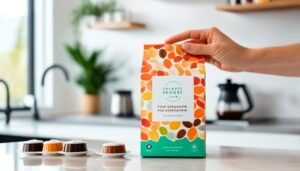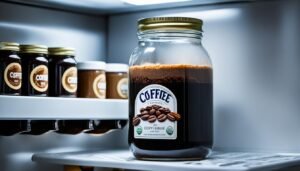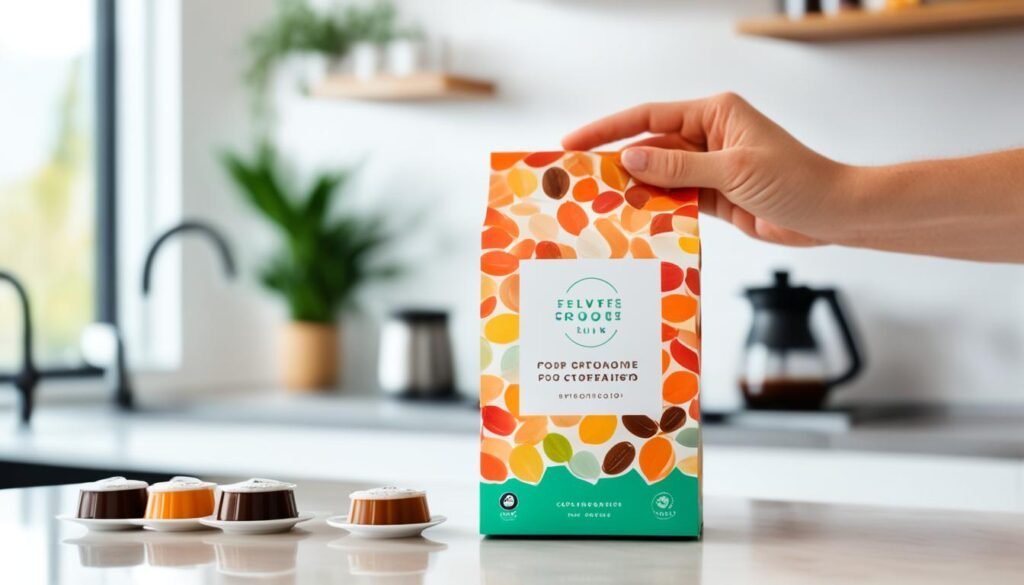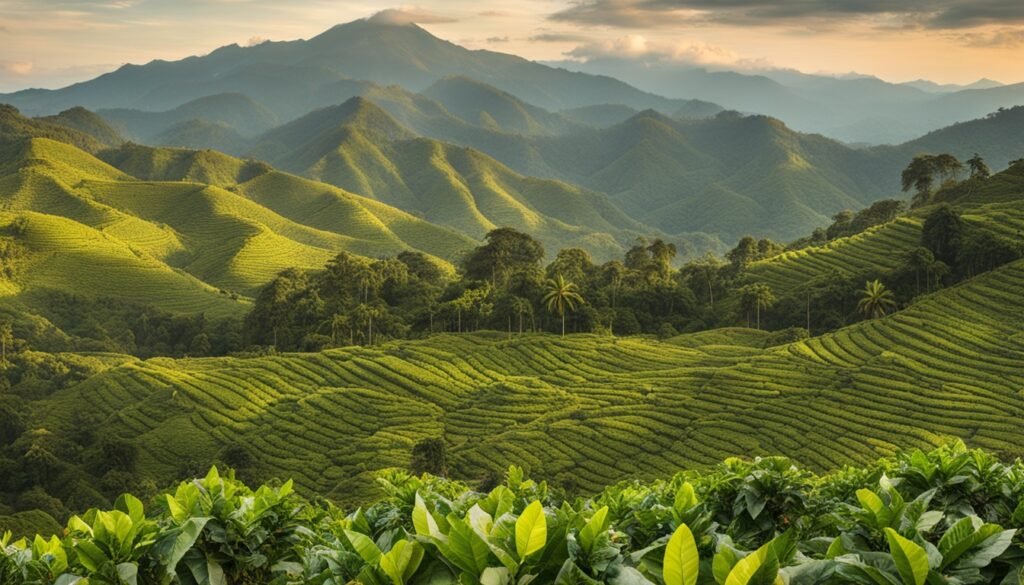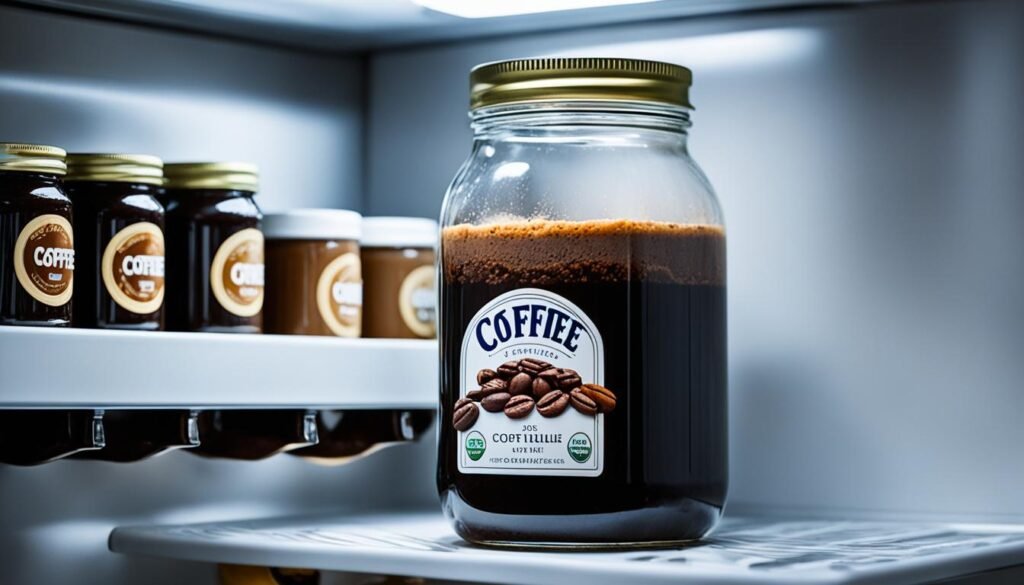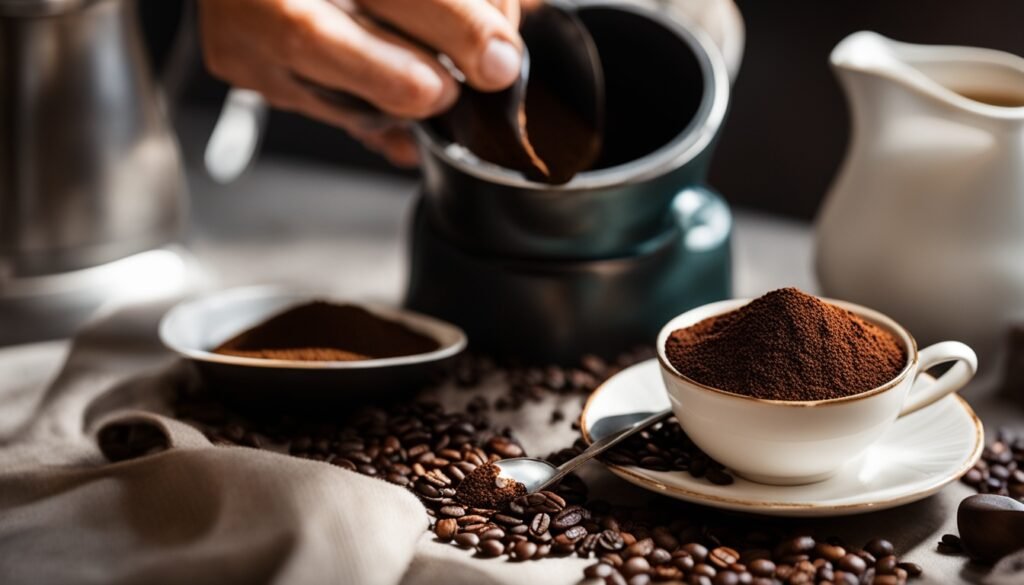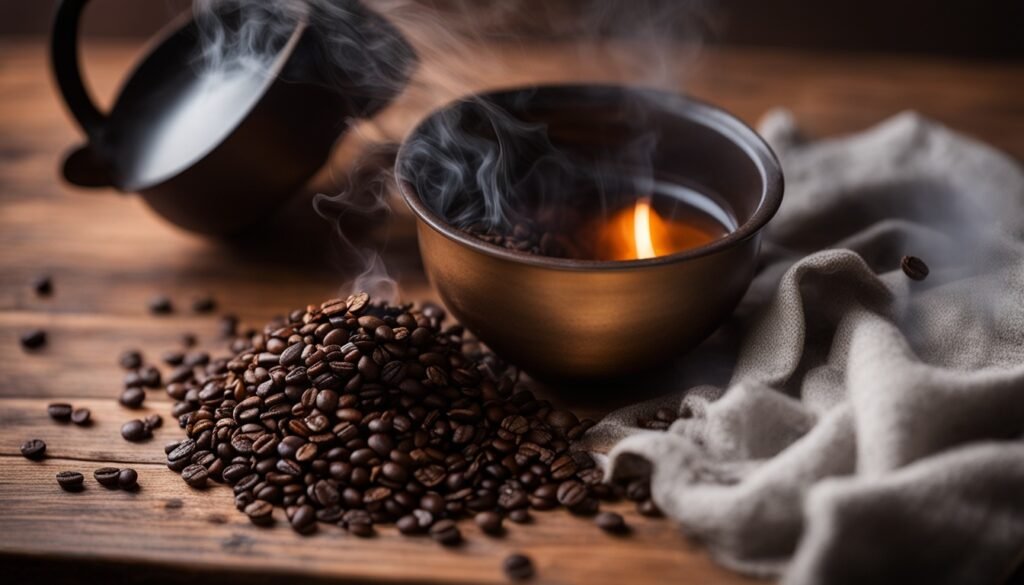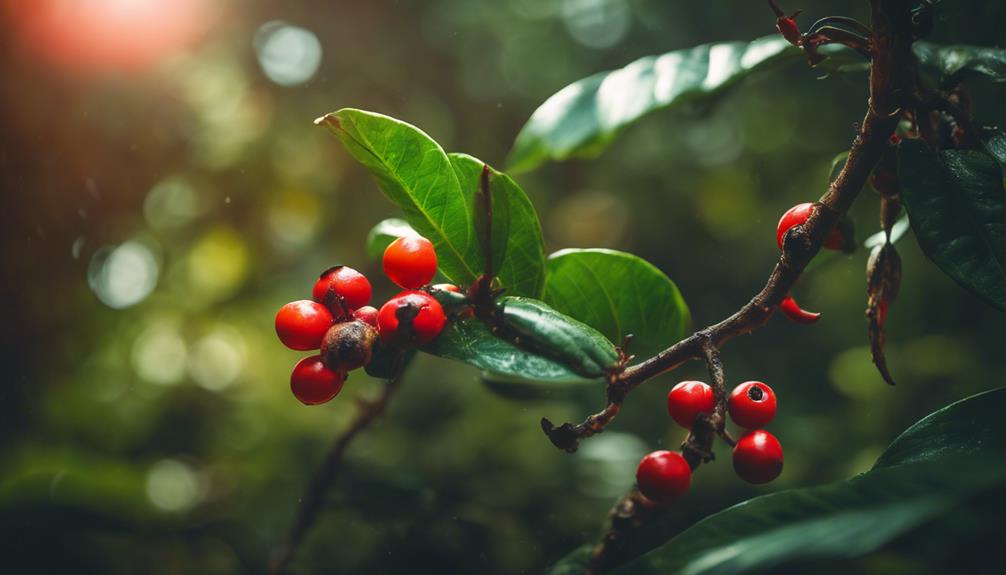Dark chocolate is well-known for its intense flavor and potential health benefits. What might surprise many is that the caffeine content in dark chocolate can vary based on the percentage of cacao it contains.
Dark chocolate with 70-85% cacao solids packs about 22.7 mg of caffeine per ounce, while the ones with 45-59% cacao offer around 12.2 mg per ounce. In comparison, milk chocolate has a significantly lower caffeine content at 5.6 mg per ounce.
For individuals who are sensitive to caffeine, white chocolate presents itself as a caffeine-free alternative. It's crucial to be mindful of your caffeine intake, especially if you frequently indulge in dark chocolate. Understanding the differences in caffeine levels among various chocolates can help you make informed choices.
Caffeine in Dark Chocolate
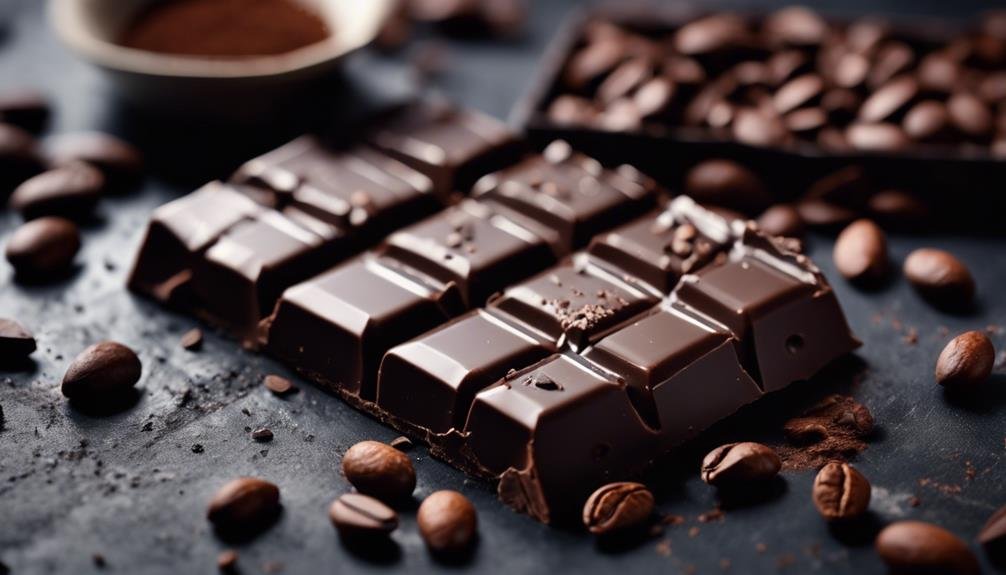
The caffeine content in dark chocolate depends on the percentage of cacao beans it contains. Dark chocolate with 70-85% cacao solids typically has around 22.7 mg of caffeine per ounce, making it a notable source of this stimulant.
On the other hand, dark chocolate with 45-59% cacao solids contains approximately 12.2 mg of caffeine per ounce. This difference is due to the higher cacao solids concentration, which naturally have more caffeine.
Understanding how cacao percentage affects caffeine content can help consumers make informed choices. For those looking to limit their caffeine intake while still enjoying the flavors of dark chocolate, opting for varieties with lower cacao percentages could be a wise decision.
Comparing Caffeine in Chocolates
Exploring the caffeine content in different types of chocolates reveals significant variations that can influence consumer preferences. Dark chocolate, especially those with 70-85% cacao solids, contains the highest caffeine levels, averaging 22.7 mg per ounce.
On the other hand, milk chocolate has a lower caffeine content, with only 5.6 mg per ounce. Semisweet chocolate and products like HERSHEY'S SPECIAL DARK offer moderate caffeine levels, ranging from 12.2 to 17.6 mg per ounce.
Additionally, confectionery treats such as YORK Peppermint Pattie and REESE'S Peanut Butter Cups contain even less caffeine. These distinctions are crucial for consumers looking to manage their caffeine consumption while indulging in their favorite chocolate treats, empowering them to make informed choices that suit their preferences and needs.
Dark Chocolate Vs Coffee
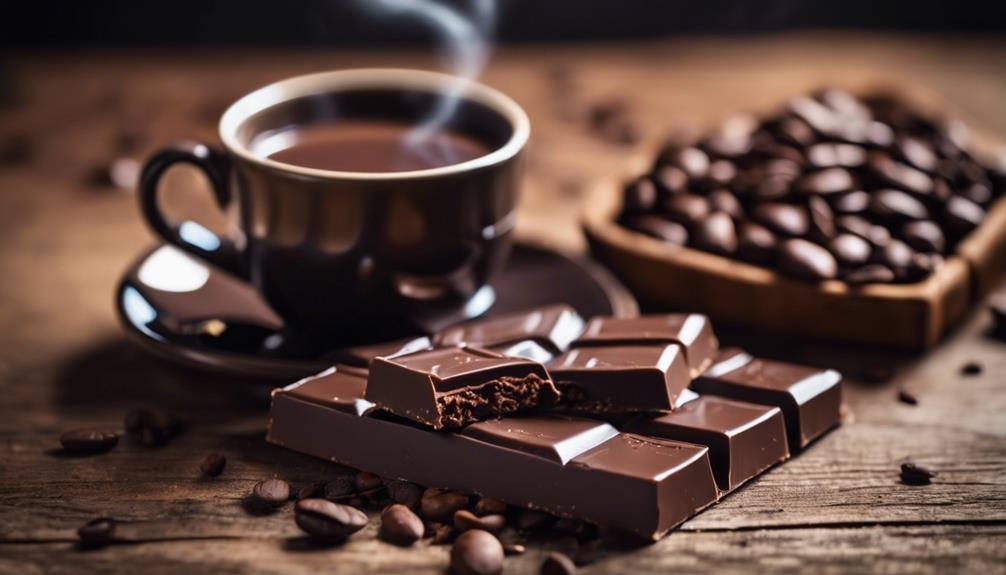
When comparing dark chocolate and coffee, it's evident that coffee packs a much higher caffeine punch. An average cup of coffee typically contains between 70-150 mg of caffeine, whereas an ounce of dark chocolate with 70-85% cacao solids has only 22.7 mg.
This significant variance clearly positions coffee as the stronger choice for those in need of a caffeine boost. However, despite its lower caffeine content, dark chocolate remains a popular option due to its rich flavor profile and potential health benefits.
White Chocolate's Caffeine Content
White chocolate stands out from dark and milk chocolate due to its complete lack of caffeine. This absence is because white chocolate is crafted from cocoa butter, which does not contain caffeine like cocoa solids found in other types of chocolate. For individuals who are sensitive to caffeine or simply prefer to steer clear of it, white chocolate provides a delightful option without the stimulating effects.
To distinguish the caffeine content of different chocolate varieties, the following chart illustrates the contrast:
| Chocolate Type | Caffeine Content (mg/oz) |
|---|---|
| Dark Chocolate | 22.7 |
| Milk Chocolate | 5.6 |
| Semisweet Chocolate | 17.6 |
| White Chocolate | 0 |
This table underscores the unique quality of white chocolate for being caffeine-free, setting it apart from its caffeinated counterparts.
Safe Caffeine Intake
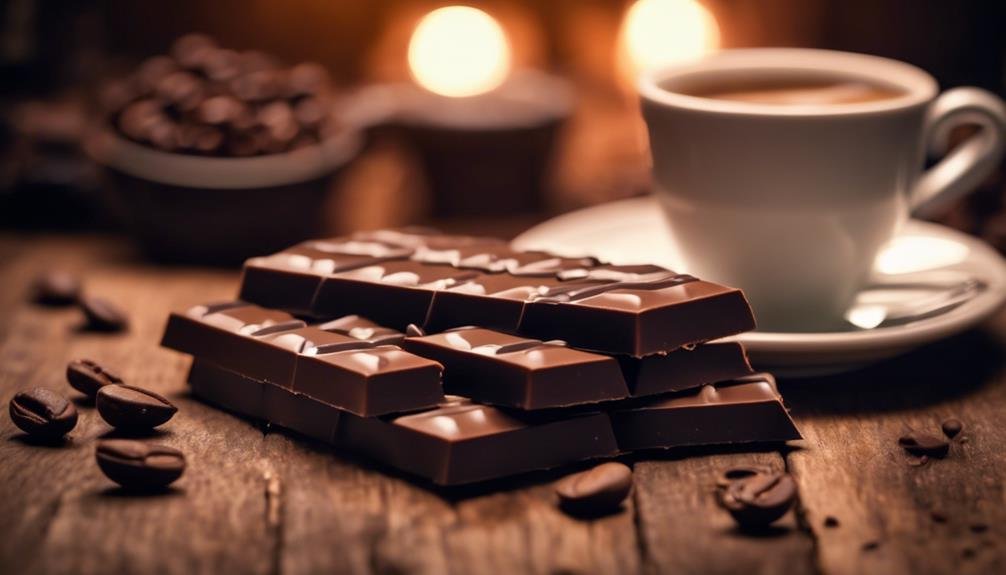
Understanding the safe limits of caffeine intake is crucial for maintaining good health. Health experts advise keeping daily caffeine consumption under 400 mg to prevent negative effects like stress, anxiety, and sleep problems.
Excessive caffeine intake over time can lead to more serious health issues, such as heart and kidney problems. While a typical cup of coffee contains around 70-150 mg of caffeine, the caffeine content in dark chocolate varies depending on the cacao percentage.
For example, dark chocolate with 70-85% cacao solids has approximately 22.7 mg per ounce. It's important to be mindful of the total caffeine intake from various sources, including dark chocolate, to stay within recommended limits.
Conclusion
Understanding the caffeine levels in dark chocolate is crucial for making informed dietary choices and managing caffeine intake effectively.
The amount of caffeine in dark chocolate varies depending on the percentage of cacao, providing consumers with a range of options.
In comparison to milk chocolate and semisweet chocolate, dark chocolate generally contains less caffeine, making it a milder alternative to coffee.
Being aware of these differences can help individuals select dark chocolate options that align with their caffeine tolerance and health objectives.

